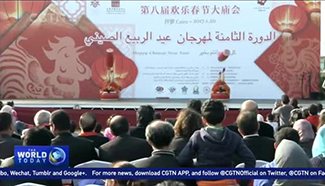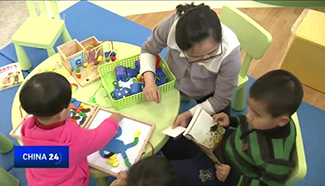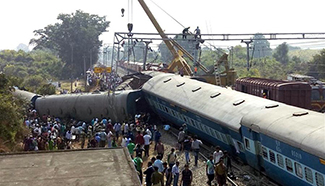BEIJING, Jan. 23 (Xinhua) -- Despite a continued economic slowdown, China's job market remained stable last year with the urban unemployment rate well under control, a human resources official said.
The registered unemployment rate in Chinese cities stood at 4.02 percent at the end of 2016, down from 4.04 percent three months earlier, data from the Ministry of Human Resources and Social Security (MHRSS) said on Monday.
The figure was well below the government's target of 4.5 percent set in the beginning of last year.
China created 13.14 million new jobs for urban residents last year, exceeding the whole-year target of 10 million.
"China's employment generally held steady," MHRSS spokesperson Lu Aihong said at a press conference.
The government rolled out an array of pro-employment policies for college graduates, laid-off workers from glutted industries, and migrant workers, while the country's entrepreneurial wave has also helped job creation, Lu said.
Additionally, China's social security system has improved and benefited more people, according to the meeting.
China's economy expanded 6.7 percent year on year in 2016, down from the 6.9-percent increase registered in 2015 and marking the weakest annual growth in 26 years, which, along with the ongoing industrial restructuring, added to concerns over job losses this year.
"The fundamentals for stable employment have not changed," Lu said, citing favorable factors including China's steady growth, advanced reform measures, urbanization, and strengthening innovation capacity.
But he admitted that a huge workforce, a supply-demand gap for skilled workers and laid-off workers will continue to put pressure on the job market.
To face the challenges, China will strive to ensure re-employment of workers made redundant during the country's excess capacity cuts, help college graduates seek jobs, improve professional skill training, and support people to set up their own businesses.














